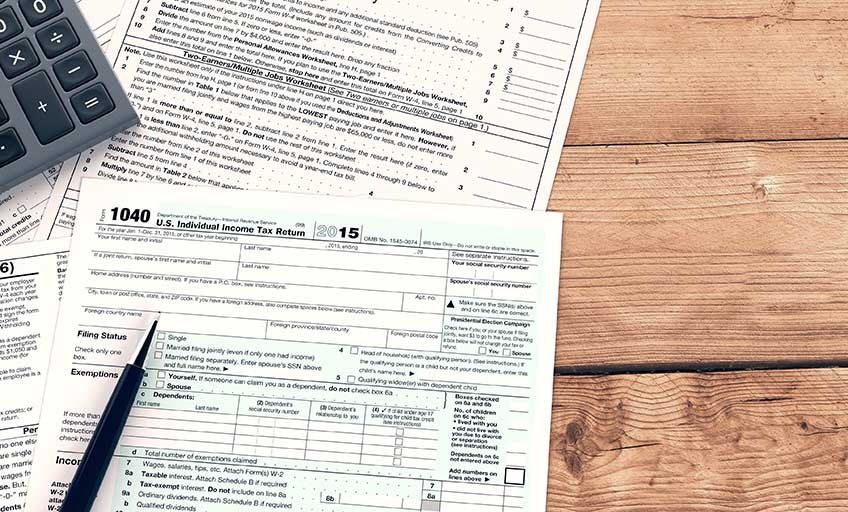Pre Tax vs. Post Tax

When reviewing your retirement assets and the various types of plans that make up your portfolio, a question that seems to perplex most is whether to choose a traditional (pre-tax) or Roth (post-tax) retirement plan.
It generally comes down to two questions: When do you think will be the best time to pay taxes on your contributions and do you think you may still be working after age 70 ½?
Roth IRA/401(k) plans are best for:
- Those new to the workforce, who’ll likely have a higher marginal income tax rate at retirement versus today.
- Those who may need to withdraw retirement funds before age 59 ½. Contributions (not earnings) can be withdrawn penalty-free if the funds have been in the account 5+ years.
- Those who plan to work after age 70 ½. A Roth can continue to accumulate savings tax-free, as long as you’re still working.
Traditional IRA/401(k) plans are best for:
- Those who qualify for the Earned Income Tax Credit, who should contribute to their retirement funds pre-tax to keep their eligible tax bracket status.
- Those who need the tax benefits now and will benefit from a lower taxable income.
- Your decision to contribute to a pre- or post-tax retirement plan may also affect your education savings and estate planning. Be sure to consult with your financial advisor on your options.

